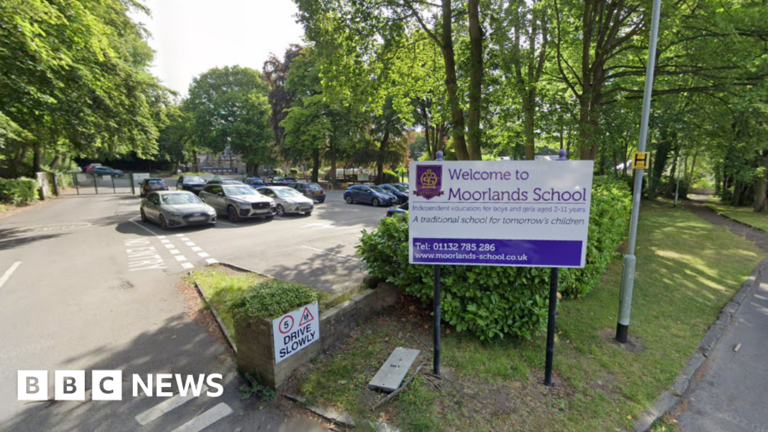Here is the plain text result:
Hannah is one of thousands of children across Scotland who have been regularly missing school. Some are absent for days, others for years. Twelve-year-old Hannah missed most of her primary school education. Right from her first day she barely spoke and would get very upset, so the school would phone her mum daily to ask her to pick her up. By the time she got to primary four she refused to go altogether.
She would take off her uniform, cry and scream. Psychologists say the rise in the number of children absent from school is not about bunking off but because many are too anxious to step through the school gates. And since Covid many children are still struggling to attend full-time. The latest figures from the Scottish government show that nearly one in three pupils are persistently absent from school.
Hannah’s mum Ashly says her daughter, who is autistic, struggled with the noise and busyness of the school environment. “Obviously she didn’t feel safe in school,” Hannah says. “She didn’t feel comfortable. I tried everything to get her to school.”
Then almost two years ago they started working with a project from the charity Quarriers called Reach, which involves a trained member of staff going to their home in Glasgow to help increase their confidence.
The lead educational psychologist for Glasgow, Barry Syme, told the BBC that absence is not generally about kids skipping school. “I think the days of children just bunking off is a very simple way of looking at it,” he said. “We’ve seen a significant increase in the number of young people with mental health concerns, particularly anxiety and stress. That was still an issue pre-pandemic but certainly the pandemic has not helped in any way with that.”
Colin Simpson, who runs the Quarriers service, said they had seen huge benefits from offering one-to-one support to families. In the first two years, the project worked with about 200 children but there are another 400 still waiting. “There’s a huge waiting list for this service because there’s an awful lot of young people across the city of Glasgow and beyond who have chronic non-attendance challenges and they all deserve that kind of support,” he said.
Professor Edward Sosu of the University of Strathclyde said the fall in average attendance was a serious concern and that Scotland needed to tackle the problem. He said a rise in poverty, mental health problems and additional support needs were the major reasons for the increase in absences. And he said that regardless of social class or background, it was almost impossible to make up for the lost time in school.
Source link




